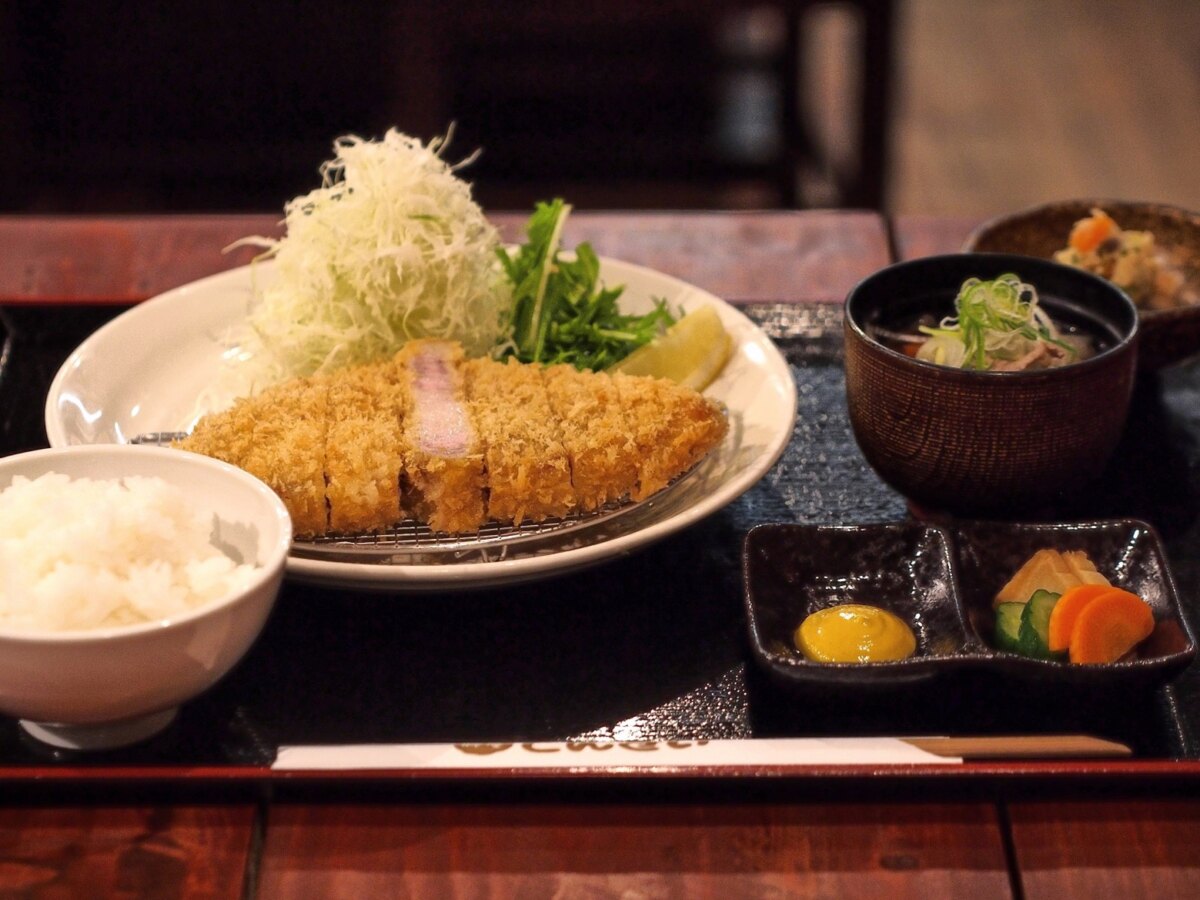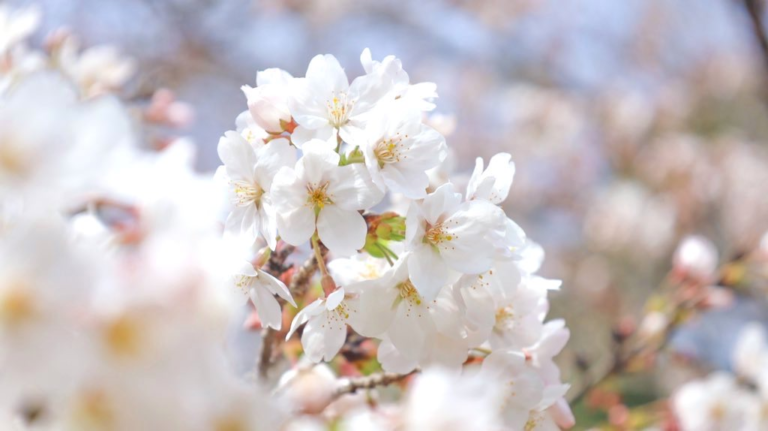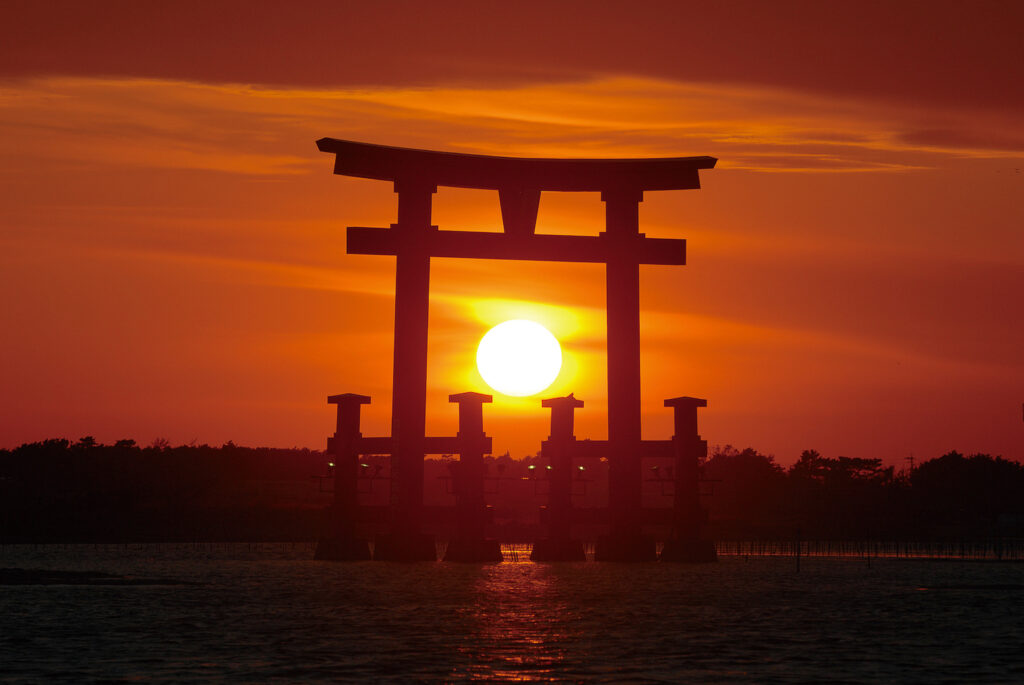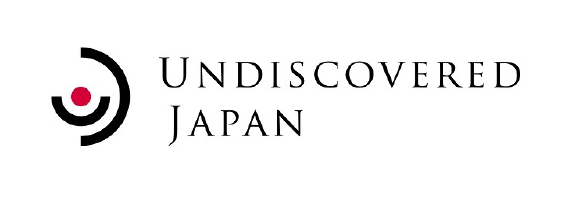Get to Know Hamamatsu
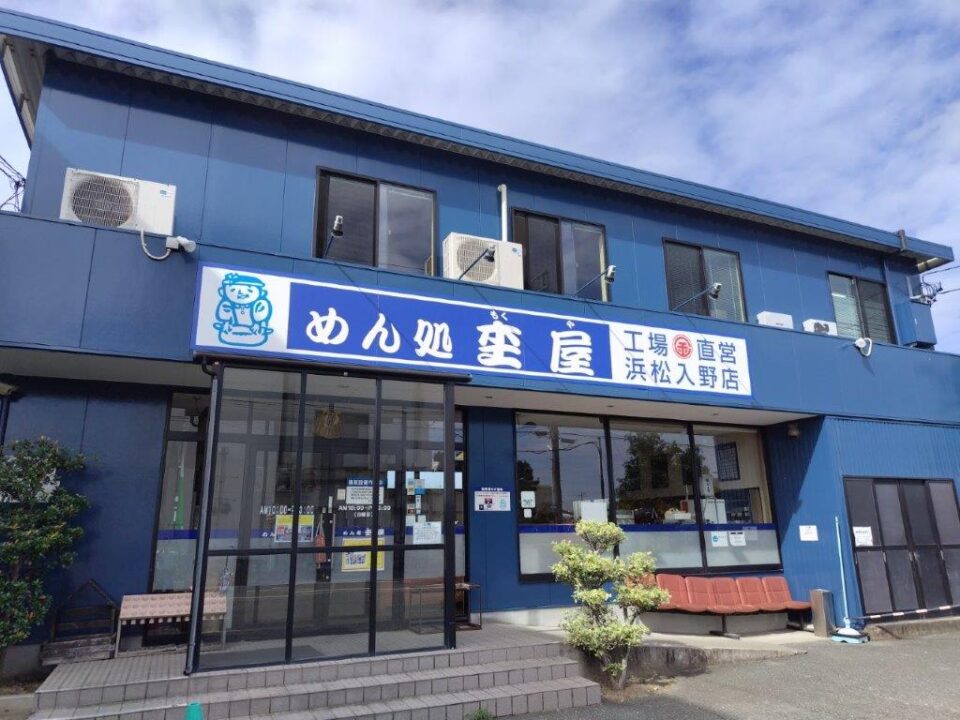
- Eat
Bringing Delicious Noodles to Your Table — 78 Years of Quality from Mokuyashokuhin in Hamamatsu
When it comes to udon, soba, or yakisoba, Mokuya is a beloved local brand. Founded in 1946, Mokuya Foods Co., Ltd. is now celebrating 78 years of business…
When it comes to udon, soba, or yakisoba noodles, Mokuya is the name everyone knows—a long-established brand cherished by the local community, operated by Mokuya Foods Co., Ltd.
Founded in 1946, Mokuya Foods is now celebrating its 78th year of business.
In 2004, they opened their directly managed restaurant, “Mendokoro Mokuya,” right across from the head office factory.

The udon served at their own restaurant is crafted with the very same recipe from the company’s early days, made with a traditional method that sets it apart from the udon you’d usually find in supermarkets.
Thanks to the long history and tradition behind Mokuya’s udon, guests can enjoy the original flavor at the restaurant’s unique, affordable prices.
It’s so popular that lines often form outside, filled with devoted fans eager for a taste.
But Mokuya Foods isn’t just about udon.
In fact, fresh pasta makes up about 80% of their production.
Their pasta is supplied to major pasta restaurants and even sold at shops like Kaldi Coffee Farm, earning rave reviews for its delightful chewy texture and delicious flavor.
History of Mokuya Foods
Mokuya Foods Co., Ltd., founded in 1946, was started by Mr. Kinsaku Mokuya.
Drawing on his experience working at a rice wholesaler, he was involved in food distribution during the war as part of the wartime food administration.
After the war, he established Mokuya Shoten in Wakabayashi, Hamamatsu City, starting out as a rice wholesaler and producing noodles such as udon, soba, and Chinese-style noodles.
In 1971, the company built a new head factory in Irino Town, expanding its operations.
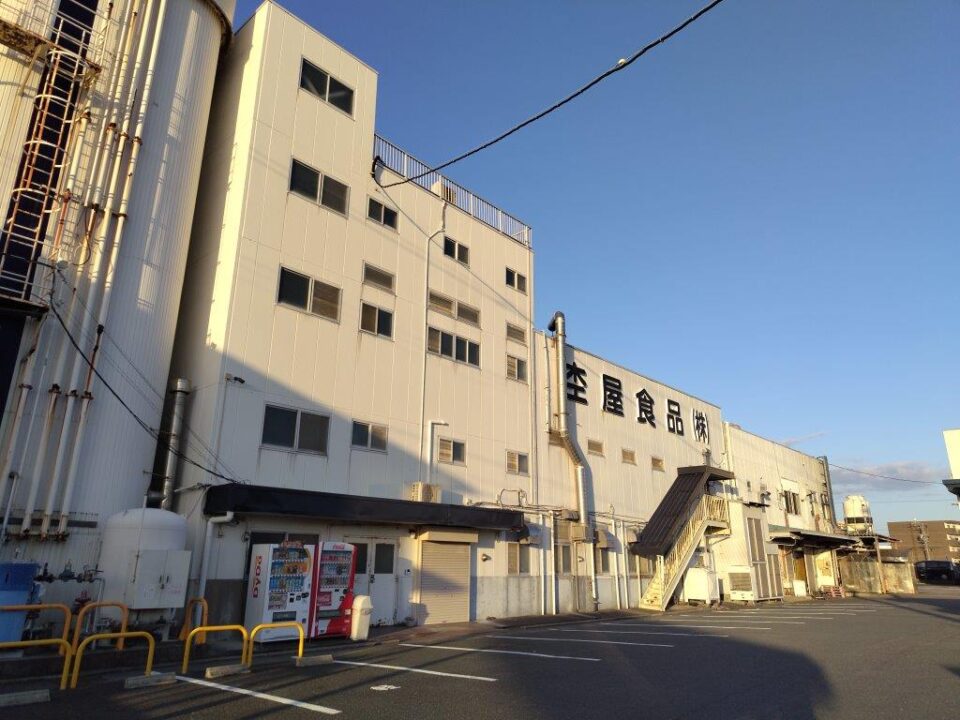
In 1995, Mr. Koichi Mokuya became the second-generation president, and the company was renamed Mokuya Foods Co., Ltd.
Since 2007, Mr. Shoichi Mokuya has been serving as the third-generation president.
Originally, Mokuya Foods handled a wide range of products alongside noodles, but with the third-generation president taking the helm, the company shifted its strategy to focus on products that truly reflect the Mokuya brand.
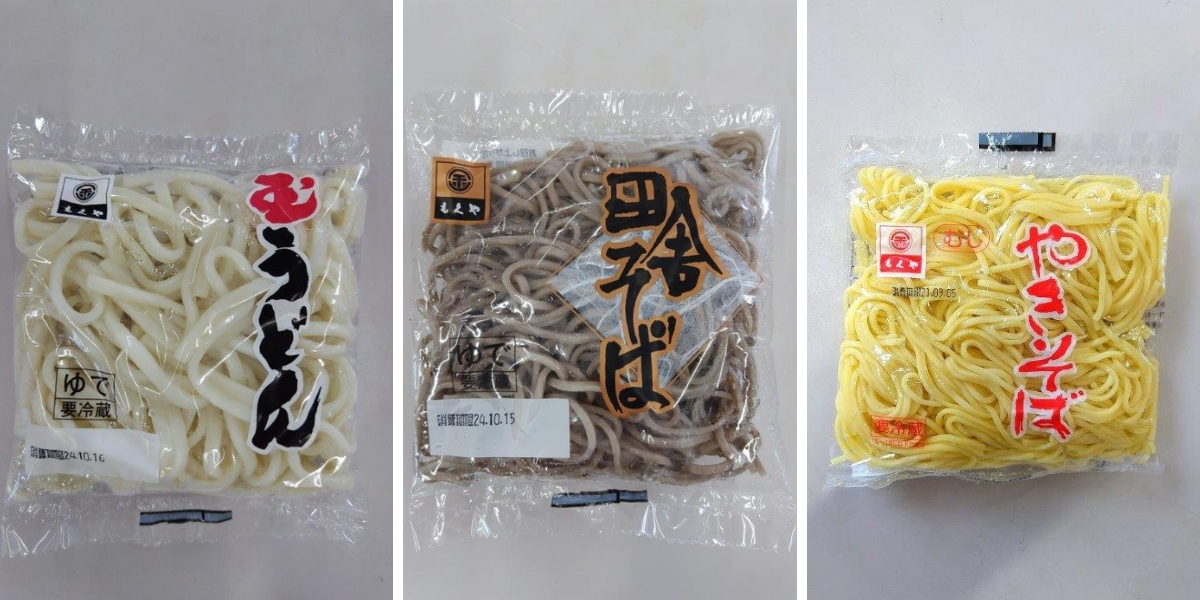
In addition to udon, soba, and Chinese noodles, their flagship product—fresh pasta—is sold nationwide and accounts for 80% of Mokuya Foods’ production.
Locals often associate Mokuya Foods with udon and soba, so it’s surprising to learn that fresh pasta actually makes up the largest share of their production.
The story behind their fresh pasta
Mokuya Foods began producing fresh pasta around 35 years ago.
At a time when few companies were making fresh pasta, Mr. Koichi Mokuya—then executive director and later the company’s second president—proposed taking on this new challenge, sparking the development of their fresh pasta line.
After a year of development, Mokuya introduced their fresh pasta products: “Fresh Pasta Spaghetti” and “Fresh Pasta Fettuccine.”
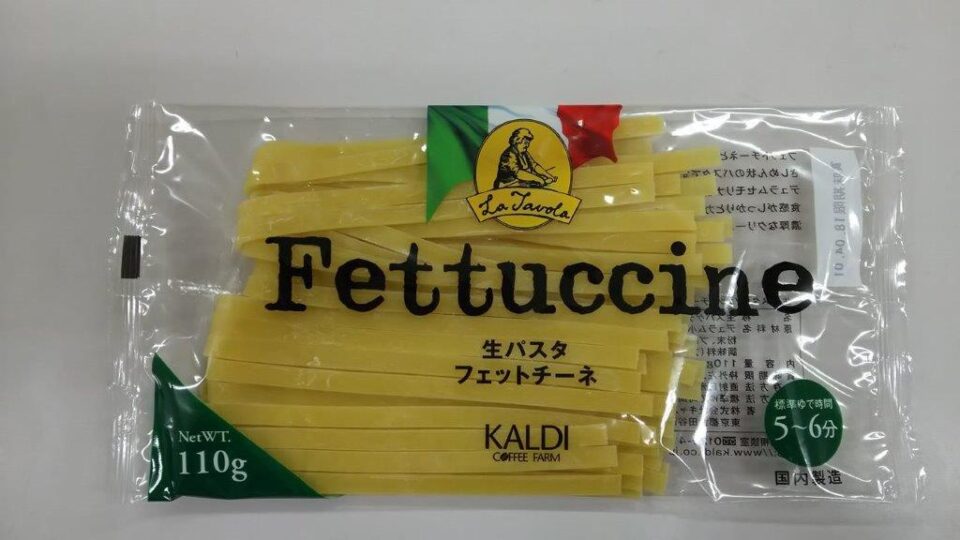
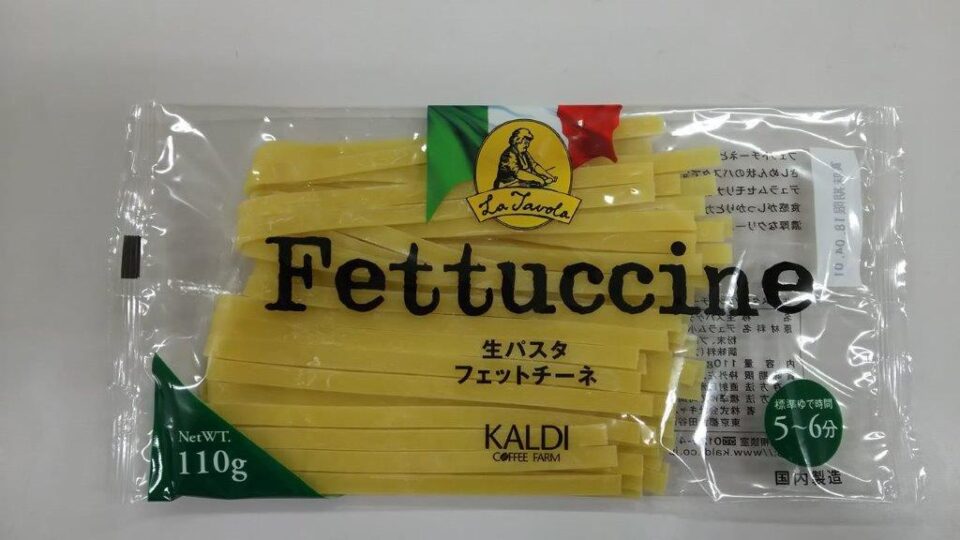
For the pasta dough, they use coarsely ground durum wheat semolina, which gives the pasta its distinctive chewy texture.
In addition, when the pasta is extruded through the pasta-making machine, the pressure causes the starch in the main ingredient to gelatinize from the heat, resulting in pasta with a firm and satisfying bite.
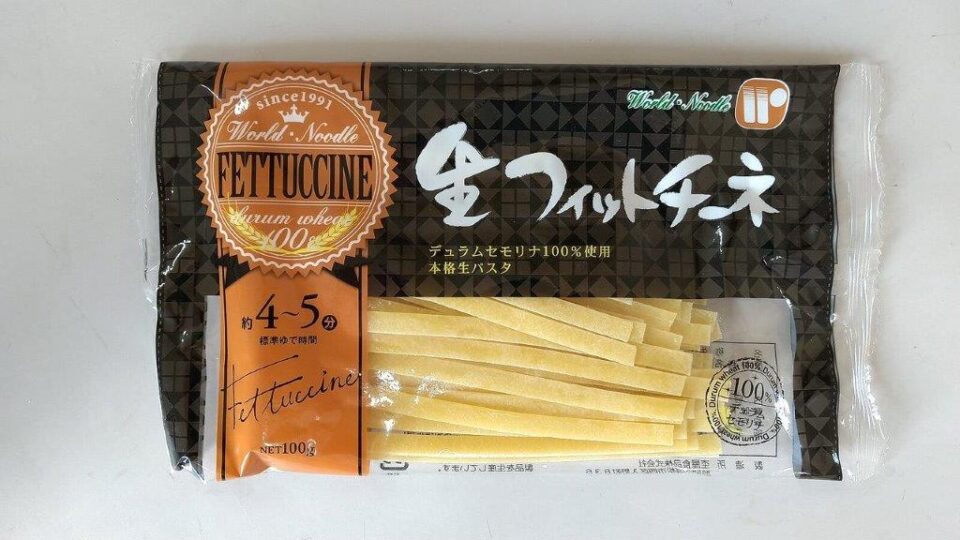
Mokuya Foods uses an original flour blend that’s completely unique and unavailable anywhere else.
Naturally, the pasta-extruding machines are custom-made as well, making them exclusively Mokuya’s own.
This signature fresh pasta from Mokuya Foods was developed with the goal of bringing restaurant-quality flavor and texture to your very own dining table.
Udon made from the original recipe—available only at Mendokoro Mokuya!
In 2004, Mokuya Foods opened its directly managed store, Mendokoro Mokuya, right across from its main factory.

The store was born from a simple wish: to let children experience the delicious taste of udon.
“At the time, vending machine drinks cost 100 yen, so we set the price of a basic bowl of udon to start at the same 100 yen,” says Mokuya Foods president Mr. Shoichi Mokuya.
To preserve the udon culture for future generations, Mokuya opened its direct-store “Mendokoro Mokuya,” which quickly became so popular that lines formed every day.
Even 20 years later, the store remains just as popular, with customers lining up before opening.
Its biggest appeal is, of course, the affordable prices unique to a direct-run shop!
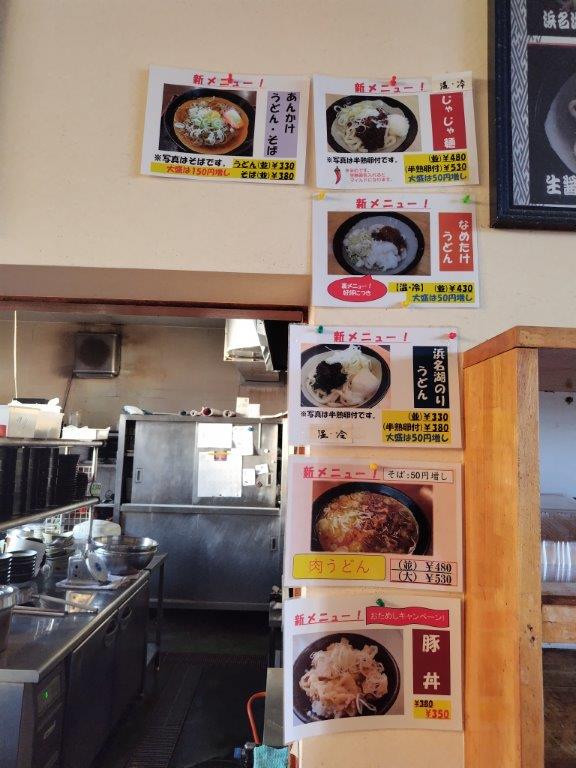
A bowl of basic kake udon starts at just 230 yen. (Prices are current as of November 2024.)
The udon served at the direct-run shop is made using the original recipe from the company’s founding and differs from the noodles sold in retail stores.
The udon served at Mendokoro Mokuya is available nowhere else, made with a broth specially blended for the direct-run shop.
It’s a place that prides itself on offering carefully crafted meals “for the customers who come to visit.”
Side dishes are also plentiful, with small bowls and fried items available to choose from.
This system lets customers mix and match freely, making it a delightful experience for everyone.
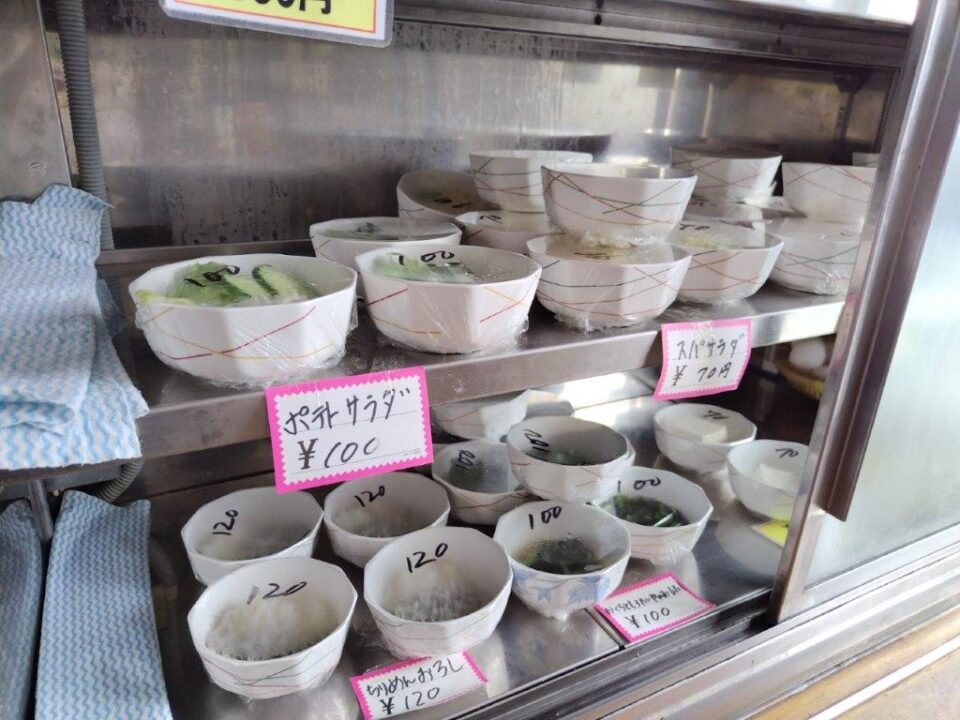
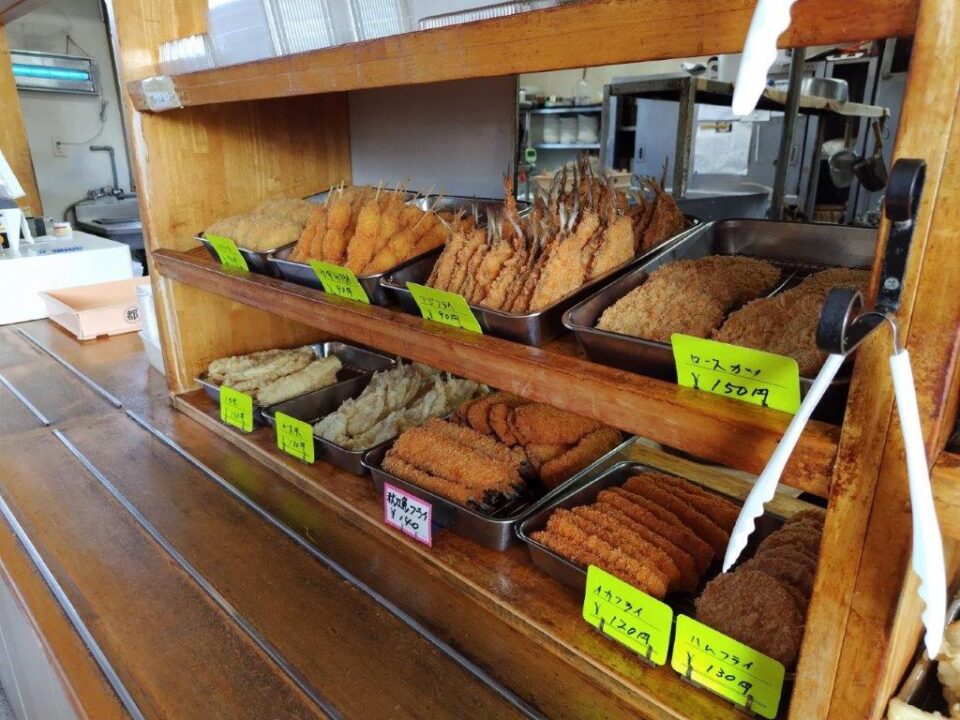
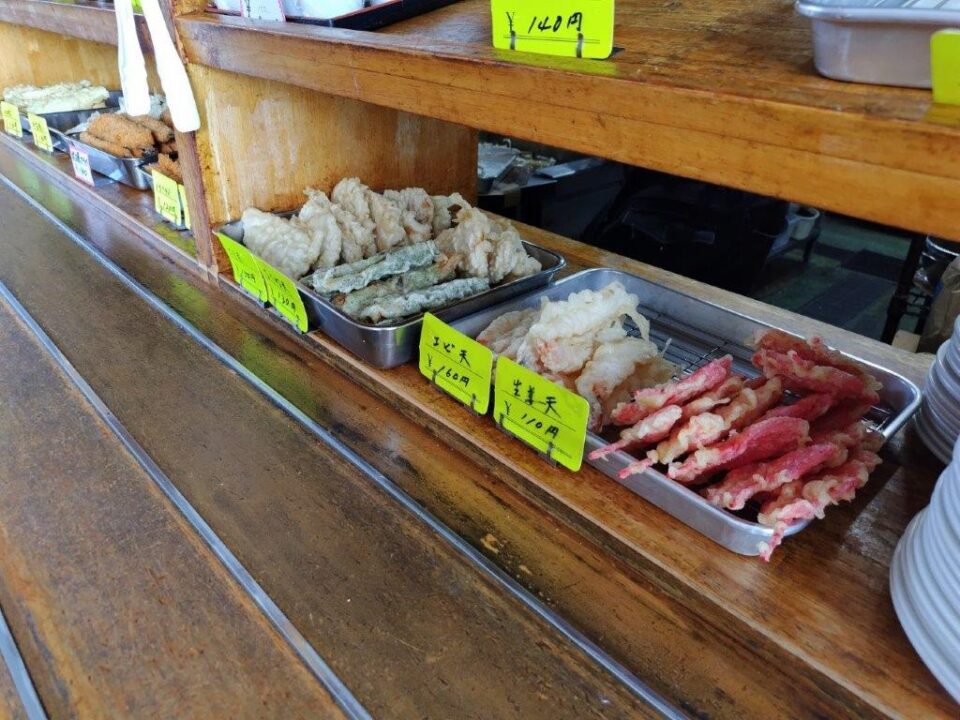
Near the register, the “New Menu” items are clearly displayed.
Be sure to check them out and discover Mokuya’s latest delights☆
Mendokoro Mokuya – Popular Ranking
*Menus are subject to change without notice.
3rd Place: Nama Shoyu Udon with Soft-Boiled Egg
The shop’s original light-flavored broth pairs perfectly with the savory Lake Hamana seaweed, making this udon a unique specialty you can only enjoy at the direct store!
.jpg)
2nd Place: Lake Hamana Nori Udon with Soft-Boiled Egg
The original sauce, available only at directly managed stores, is light and goes perfectly with Lake Hamana seaweed!
.jpg)
1st Place: Kake Udon
Made using the same traditional recipe since the company’s founding, the freshly boiled noodles from the factory have a distinctively chewy texture and smooth, refreshing bite.
This classic udon remains the most popular item on the menu!
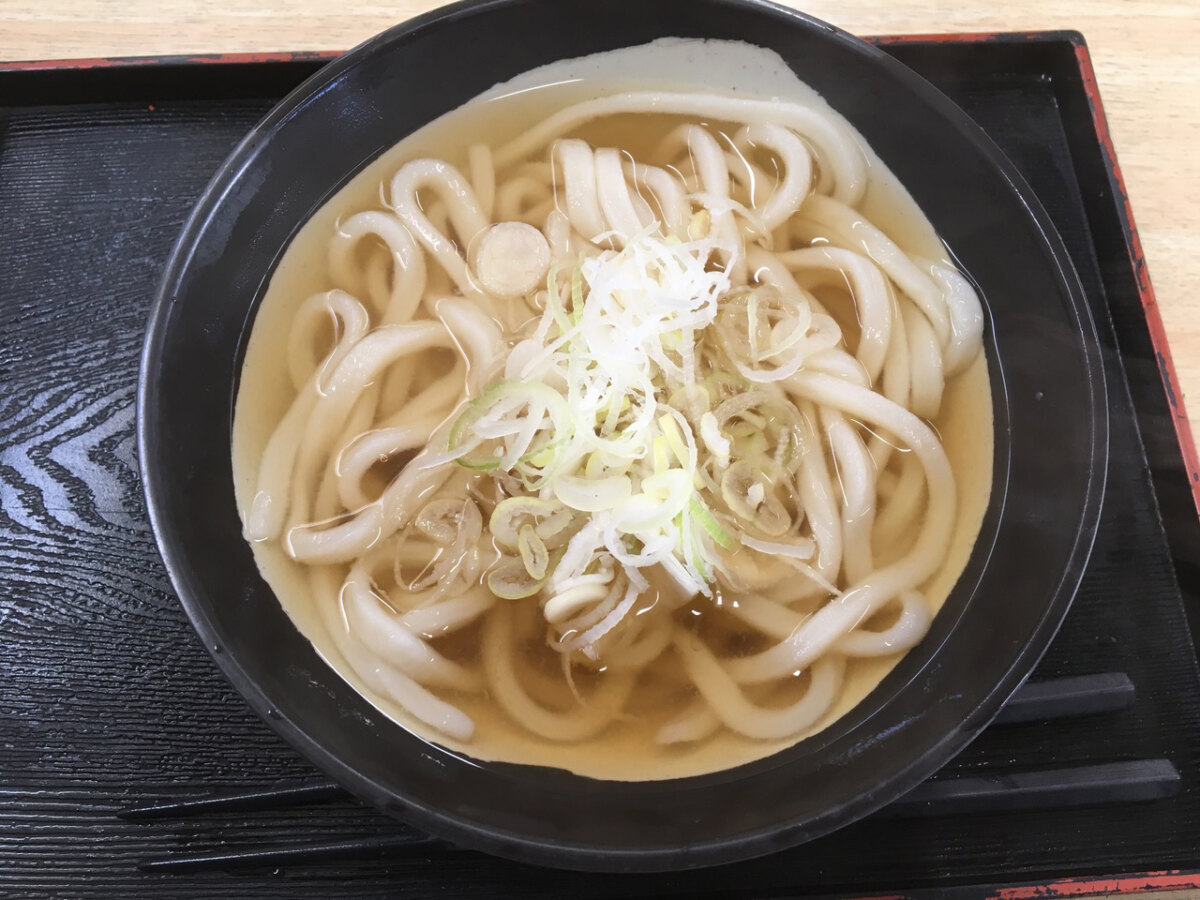
A Message from CEO Shoichi Mokuya
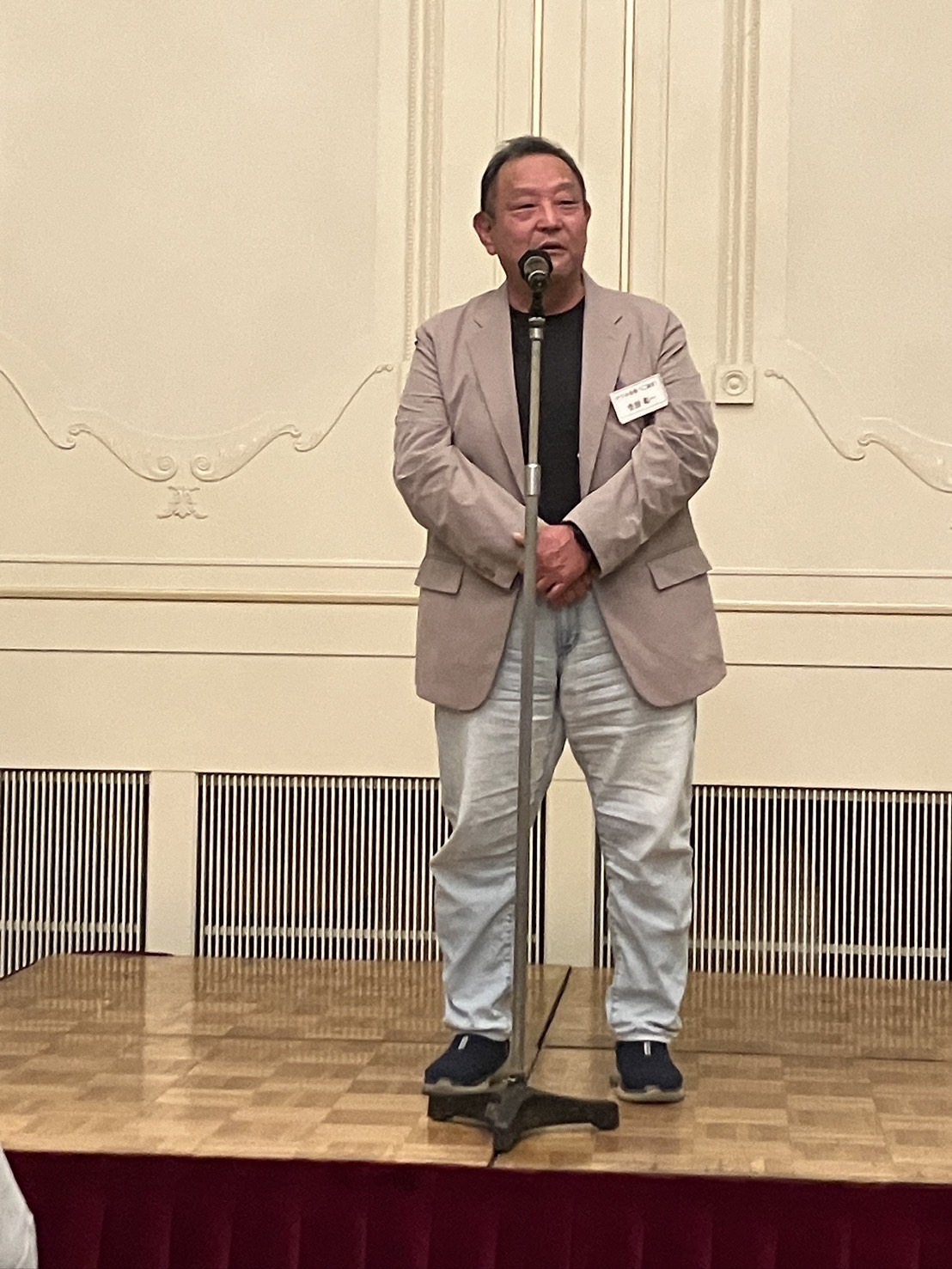
I am Mokuya, CEO of Mokuya Foods
It has been nearly 80 years since we first began delivering our noodles to the people of Hamamatsu.
We will continue striving to bring the safety, reliability, and sense of excitement and delight that have been passed down from my predecessors to your dining table.
We sincerely appreciate your continued support.
 ̄ ̄ ̄ ̄ ̄ ̄ ̄ ̄ ̄ ̄ ̄ ̄ ̄ ̄ ̄
We introduced Mokuya Foods Co., Ltd.
Delivering delicious noodles to your table for 78 years, their direct-run store, Mendo Mokuya, serves freshly boiled noodles straight from the factory.
Not only delicious but also affordably priced, Mokuya’s noodles are a treat for both the taste buds and the wallet—definitely worth a visit!
Mokuya Foods Co., Ltd.
Address: 836 Irino-cho, Chuo-ku, Hamamatsu-shi
Phone: 053-447-1280
Mendokoro Mokuya
Address: 845-1 Irino-cho, Chuo-ku, Hamamatsu-shi
Phone: 053-447-1280
Opening hours: 10:00AM-3:00PM
Closed: None(Year-end and New Year schedule posted separately on the official website)
Official website: https://www.mokuya.co.jp/
Image Source: Mokuya Foods Co., Ltd.
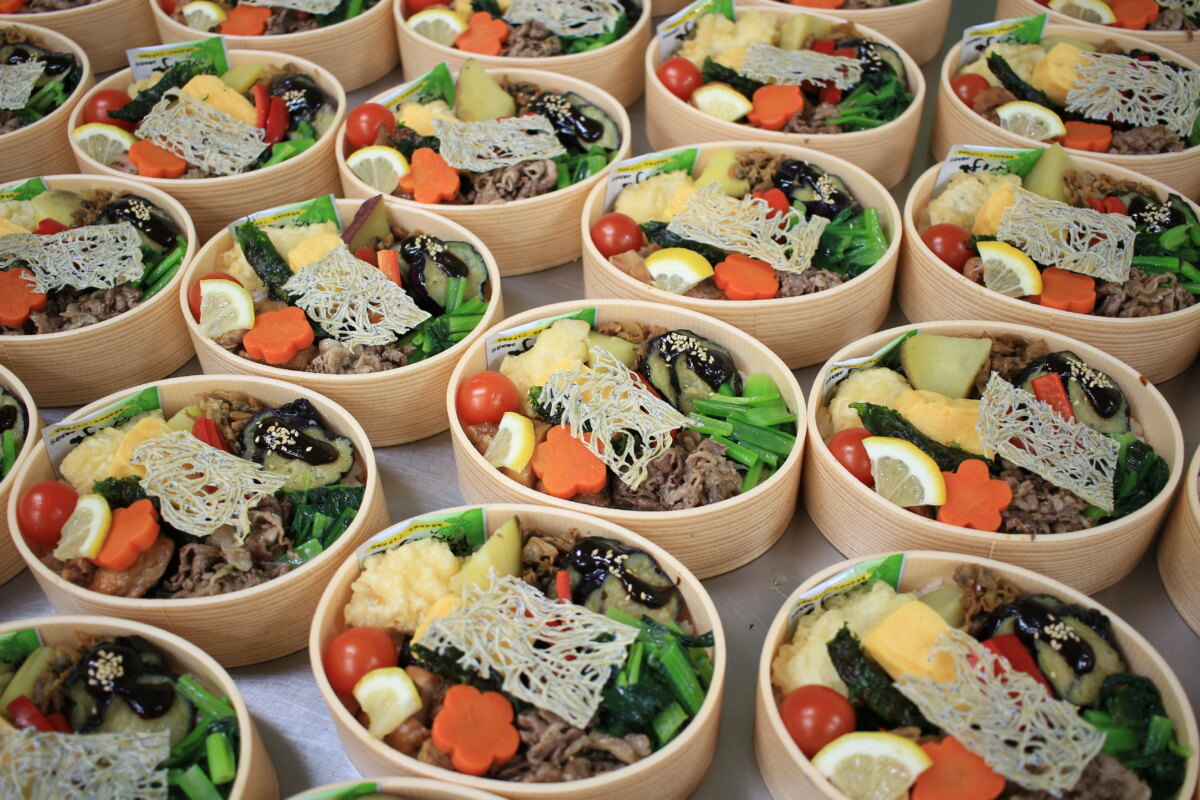
Chikusen: A Long-Standing Catering Shop Preserving Traditional Flavors with Local Enshū Ingredients
